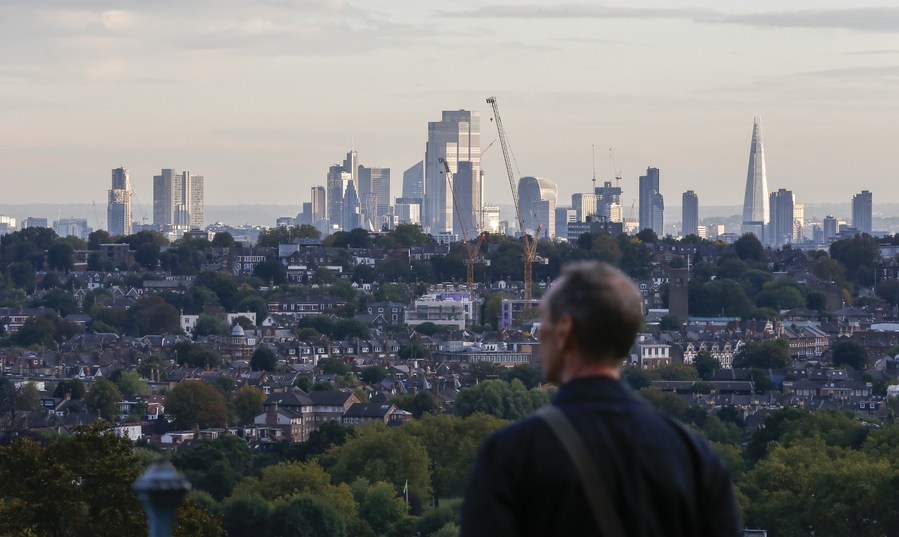Tax policies are widening Britain's wealth gap
- By Robert Griffiths
 0 Comment(s)
0 Comment(s) Print
Print E-mail China.org.cn, October 28, 2021
E-mail China.org.cn, October 28, 2021

In China, a new progressive tax structure is expected to be trialed in various cities to boost local government revenue for investment in public services. Other reforms are expected in social security, medical care, education, housing and elderly care, with the aim of increasing ordinary people's disposable income.
Meanwhile, the British approach to fiscal policy, especially when Conservative governments are in office, is somewhat different.
In Britain, the tax structure has changed substantially since 1979: The share of state revenue from direct taxes on income, property and wealth – in other words taxation based on people's ability to pay – has fallen sharply. Whereas income tax accounted for just over 34% of total tax revenue in 1979, today it has fallen below 27%.
The tax rates for people on higher incomes have been cut even more drastically than those for middle- and lower-income groups. The flat rate for National Insurance contributions, on the other hand, paid by most employees into the fund for social welfare benefits and state pensions, has almost doubled.
Indirect taxes and excise duties, levied at the same rate on the poor as on the rich, have grown significantly in size and scope since 1979.
In particular, rates of value-added tax – introduced as a condition for joining the European Union – have more than doubled on most goods and services (except zero-rated food and children's clothing). As a result, the share of total tax revenue in Britain derived from VAT has doubled to around 18%.
Over the same period, the rate of Corporation Tax on company profits has more than halved, from 52% to 19% – by far the lowest in the G-7 major economies.
This shift in the tax burden from the richest to the rest has taken place against the background of the vast inequality of wealth distribution in Britain.
According to official figures, the richest one-tenth of households in Britain own around half of all personal wealth. This is a gross underestimate, as I show in my book "Marx's Das Kapital and Capitalism Today" (2018), not least because it is based on self-declaration and takes no account of large-scale concealment. Three-quarters of households own around one-quarter.
In terms of wealth ownership, estimates by the Organization for Economic Cooperation and Development indicate that Britain is the second most unequal society in the G-7.
Yet the Conservative government's tax plans will undoubtedly widen the gulf between the rich and the rest over the next few years.
Faced with large state financial deficits as a result of measures to combat COVID-19 and maintain economic demand, employment and company profits, Chancellor of the Exchequer Rishi Sunak and Prime Minister Boris Johnson have announced a package of fiscal reforms. These include a further increase in National Insurance contributions, a suspension of the "triple lock" mechanism that guarantees reasonable annual increases in the state retirement pension, and abolition of the weekly supplement to Universal Credit that has helped millions of poor families survive the pandemic.
Meanwhile, as the British government goes down its current path, some trade unions, left-wing Labour MPs and the Communist Party in Britain are calling for a tax on wealth and other progressive policies that would narrow the wealth gap rather than widen it.
Robert Griffiths is a former Senior Lecturer in Political Economy and History at the University of Wales and currently the General Secretary of the Communist Party of Britain.
Opinion articles reflect the views of their authors only, not necessarily those of China.org.cn.
If you would like to contribute, please contact us at opinion@china.org.cn.






Go to Forum >>0 Comment(s)